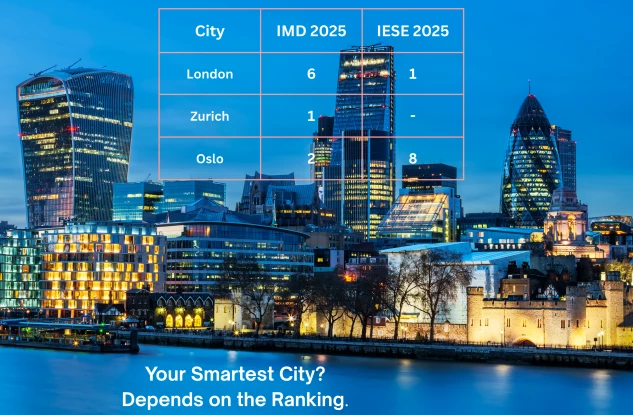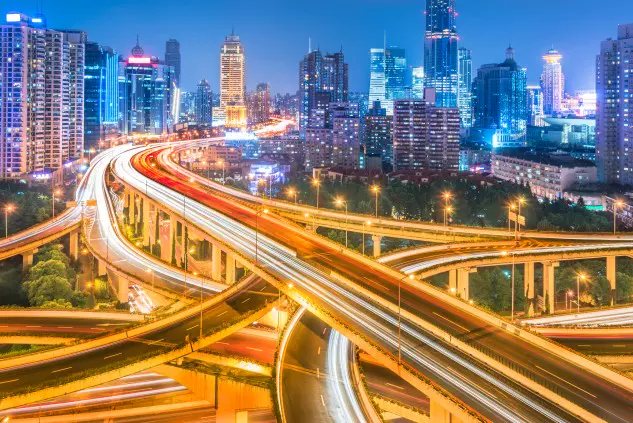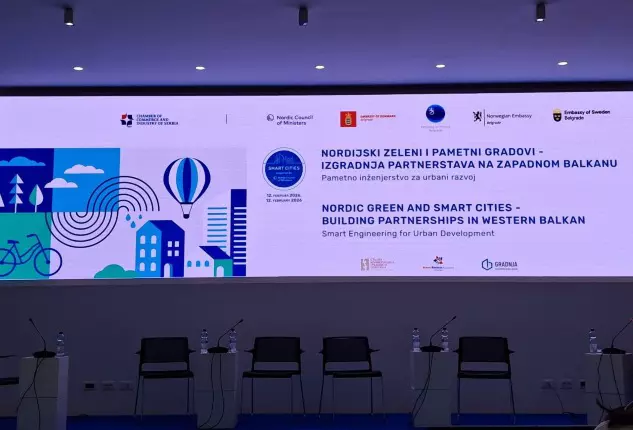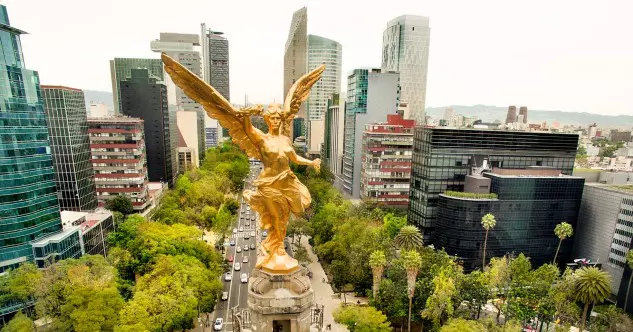Smart City Ranking Methodology: Beyond the Top 10 Cities of 2025 (II)
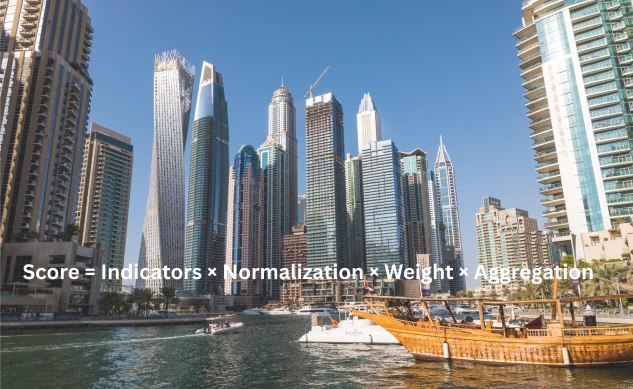
How are the world’s “smartest cities” actually ranked? This article examines smart city ranking methodology, from indicator selection to weighting and normalization. Understanding how the numbers are built changes how we interpret the Top 10 cities of 2025.
Read MoreSmart City Ranking Methodology: Beyond the Top 10 Cities of 2025 (II)
